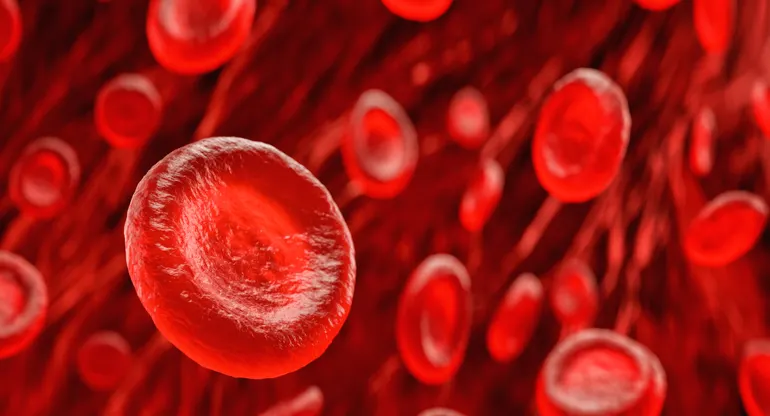Dive Brief:
- AllRock Bio, a biotechnology startup founded by a team of former CinCor Pharma executives, launched Tuesday with $50 million to advance an experimental drug licensed from Sanofi.
- The drug, ROC-101, is a so-called pan-ROCK inhibitor the company is developing for people with pulmonary arterial hypertension and pulmonary arterial hypertension with interstitial lung disease. AllRock gained drug rights from Sanofi, which had acquired the drug when it bought Kadmon in 2021. Phase 2 testing could start by the end of the year.
- AllRock’s launch comes just under three years after AstraZeneca acquired CinCor for a blood pressure drug it had brought into advanced testing. Its Series A round was co-led by Versant Ventures and Westlake BioPartners. David Allison, now a managing director at Westlake BioPartners, was a partner at 5AM Ventures when the firm invested in CinCor.
Dive Insight:
AllRock’s journey began just after the ink had dried on AstraZeneca’s acquisition of CinCor. To hear AllRock CEO Catherine Pearce tell it, the team “let me take the weekend off, and then on Monday, we started looking again for drugs.”
That search led the team to a drug they’d coveted when they were running CinCor. It had been part of Kadmon’s portfolio before the Sanofi acquisition, and was just “sitting behind” the asset at the center of that deal, she said.

Catherine Pearce is the CEO and co-founder of AllRock Bio.
Permission granted by AllRock Bio
The drug, ROC-101, blocks a target known as rho-associated protein kinase or “ROCK” and that impacts a variety of cellular functions. Kadmon’s graft-versus-host disease drug, Rezurock, targets a component of the ROCK pathway, as does a marketed medicine for glaucoma and experimental treatments being developed by other biotech companies.
As a “pan” inhibitor affecting two types of ROCK enzymes, though, ROC-101 could be different. Pearce noted how a similar type of drug has been used off-label in Japan for years to treat pulmonary arterial hypertension, or PAH, a condition that causes heart and lung damage. ROC-101 is “potentially more potent” than that drug, she said.
Bill Marshall, the company’s chief scientific officer, added that a pan-ROCK inhibitor might be particularly helpful treating PAH because it attacks the “inflammatory and fibrotic pathways” that effectively clog up a patient’s pulmonary arteries.
The Phase 2a study that AllRock plans to launch by the end of the year will test ROC-101 as a complementary therapy to standard treatment for PAH as well as PAH with interstitial lung disease.
AllRock is the most advanced spinout from JucaBio, a privately held biotech Pearce also oversees. JucaBio is one of many “hub-and-spoke” biotechs, or centralized companies that own a group of drugmaking subsidiares. Its goal is to form startups around assets that may not meet the criteria for advancement at other pharmaceutical or biotech companies.
“We can evaluate them critically and say, ‘well, it might not be a match to go into this particular portfolio company, but we could set up a separate entity and then concentrate the expertise in that portfolio company,’” Pearce said.
The funds announced Tuesday will carry the company through the end of Phase 2 testing, according to Pearce. AllRock may take ROC-101 further than that if a pharmaceutical partnership doesn’t arise.
“We’re laser-focused on generating the data that might be appealing to a potential partner, but we’re prepared to go the full distance,” Pearce said.










